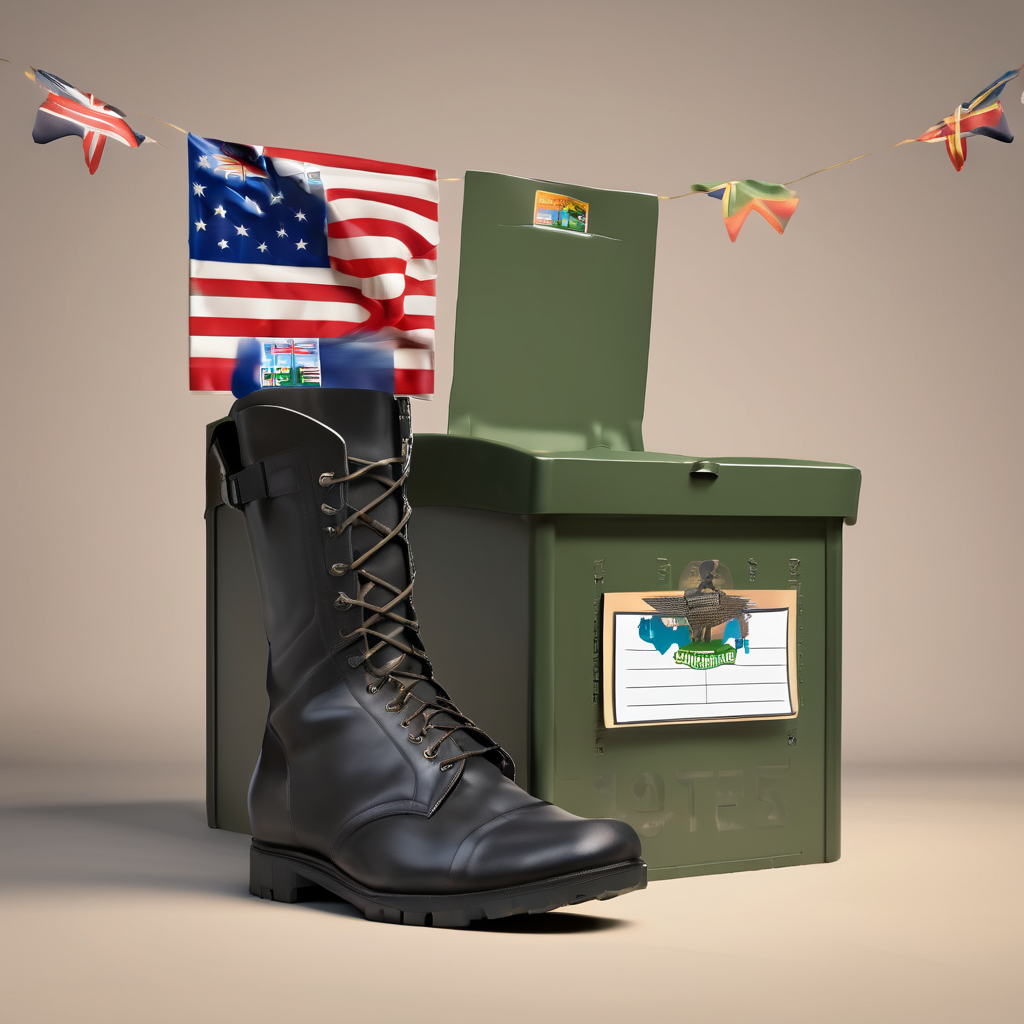After dedicating 24 years to the British Army, Apisalome Naqasima is returning to Fiji with ambitions to shape its future by participating in the upcoming general elections. Originating from the village of Lawai in Nadroga, Naqasima aims to leverage his extensive experience in military and law enforcement to make a meaningful societal impact in Fiji.
Reflecting on his upbringing, Naqasima credits his grandparents and his faith for instilling moral and religious values that guided his army career. His education at Veiuto Primary School and Suva Grammar School helped foster a disciplined and service-oriented mindset, setting the stage for his future endeavors.
In 2001, Naqasima took the significant step of joining the British Army, where he gained valuable operational experience in Iraq and Afghanistan. These deployments tested his professional skills and personal resilience, while the support of his family, including his wife who is a registered nurse, fueled his determination to succeed.
As Naqasima transitions from military service to civilian life, he is pursuing further education by completing a Bachelor’s degree in business management at Northumbria University. He aims to serve as a positive role model for his children, showing the importance of lifelong learning and personal growth.
With a genuine desire to address critical challenges in Fiji, Naqasima is motivated to tackle issues such as rising drug-related crimes and the difficulties facing the nation’s youth. His background in security and organizational management equips him with the tools to implement effective solutions, contributing to a safer and more prosperous society.
Naqasima’s intention to run in the 2026 general elections underscores his commitment to utilizing his skills and experiences for the betterment of Fiji. His leadership and dedication to community service position him as a potential catalyst for positive change.
Naqasima’s journey underscores the power of resilience and relentless self-improvement. Should he be elected, his leadership could lead to a more secure and thriving society in Fiji, prioritizing the well-being of future generations.
